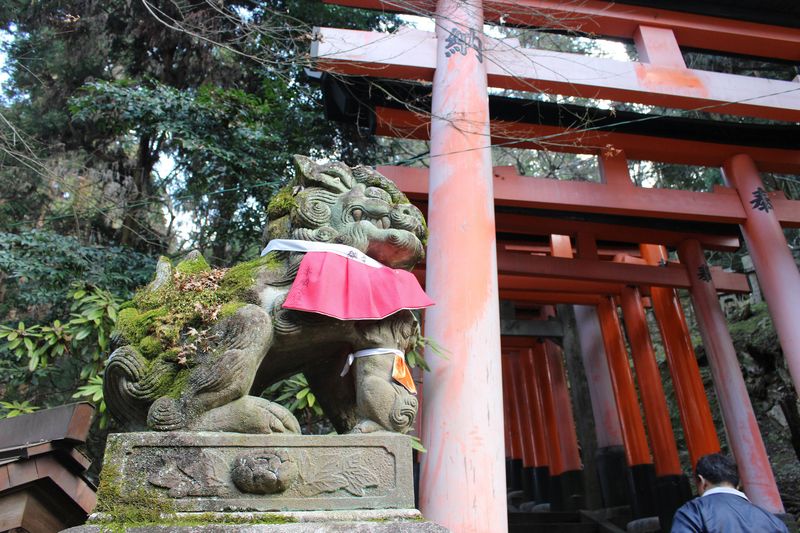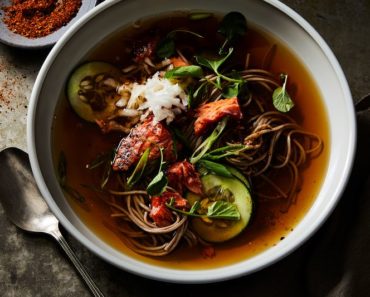It’s no coincidence that Japan, a country with one of the arguably healthiest diets in the world, is also home to the largest population of senior citizens. At the moment, a quarter of the country is 65 and older, and that number is on track to hit 40 percent by the year 2060.
And it seems like the Japanese knack for longevity is only getting stronger. In 2016, the number of citizens over the age of 100 was more than 65,000, with women accounting for nearly 90 percent. By comparison, when Japan’s Health, Labor and Welfare Ministry first began collecting the data on centenarians in 1963, there were just 153 citizens who were “of age.”

by Samantha Weiss Hills
Recently, the country’s prominent senior class has inspired a whole new line of cuisine called Engay-Foods—easy-to-swallow foods that are specially processed to reduce the possibility of choking. In a “super-aging society” such as Japan’s, the population must be protected against dysphagia, or swallowing disorders that can accompany aging and illness, and can lead to malnutrition and dehydration.
How does it work? Foods like grilled salmon, meat, and assorted vegetables are pureed and then re-formed with a gelling agent into their original shape, complete with grill marks. While it’s still mostly hospitals and eldercare facilities that deal with Engay-Foods, societal support for seniors has pushed greater innovation in the category. Foods like mochi, apples, and even beer and wine are now getting the Engay treatment. At this rate, it won’t be long before the Japanese figure out how to make it to the next century.
If you’re wondering how reconstituted salmon or thickened orange juice tastes, NPR sent one of its reporters to do a taste test. Sure, it’s a little gloopy and doesn’t require using your teeth, but it just might be the “food of the future.”
(via Food52)






